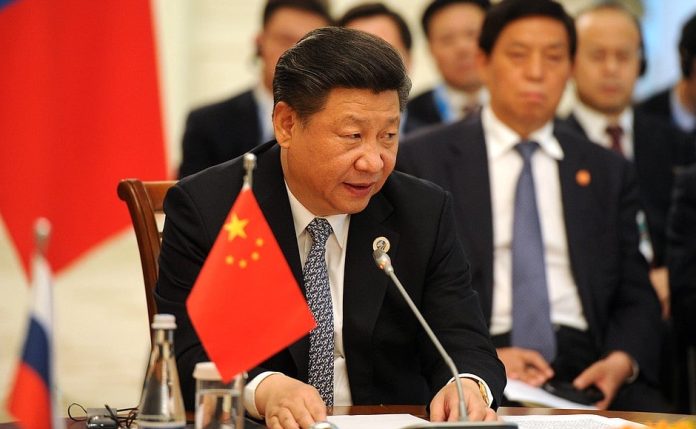Despite economic superpower, China’s, decision to ban all cryptocurrency, the industry is still growing.
The decentralized nature of blockchain has officially established the brave new world of cryptocurrency one of the biggest authorities on earth. Despite China’s ban on all cryptocurrency and ICO activity, cryptocurrency and Bitcoin has proven itself to be more powerful than the world’s second-largest economy.
China announced their ban last month. The ban effectively prohibited all Chinese mainland citizens from participating in any cryptocurrency or ICO activity. Since the announcement, both Bitcoin and ether prices plunged.
However, since the initial price fall, several cryptocurrency startups revived the market and the bitcoin prices have soared to well over $5000 per BTC.
While the ban has prevented certain startups to raise funds, several others have flourished. Meanwhile, experts have speculated that the ban will be temporary.
According to Ken Sangha, the COO of Open Money and the Open Project, the ethos behind blockchain has been tested and proved to be successful.
The Chinese ban affected Sangha’s ICO that was scheduled to launch in September. Most of Sangha’s investors were Chinese, and his ICO was not the only one affected. Several startups from San Francisco to Moscow have experienced a decline in investors.
Other affected startups included the Malta-based Providence Casino, whose main target market was Chinese. Since China-based investors are prohibited from investing, startups can no longer market en-masse to potential investors, but rather have to engage in complex business relations.
Up until now, the Chinese economy was responsible for the majority of investments in startups. While many projects have startups have been halted or delayed due to the ban, all is not lost. Startups and companies have adjusted. Exchanging platforms have also adjusted. The popular blockchain developer, Bibox, simply moved their operations to Estonia.
According to Vlad Dobrov, a blockchain investing consultant based in Singapore, despite the move to Estonia, Bitbox are still mainly targeting Chinese investors.
Most people within the industry have confirmed that there are ways to bypass the ban. These ways take a more peer-to-peer approach rather than the traditional crowdfunding method.
Most affected ICOs and startup have not abandoned their plans but rather took to adjusting them to find other methods of legitimizing the process of investing in their projects. Most startups are currently looking towards how to approach the right investors, now that masse marketing is off the table.
Sangha’s Open Money found Chinese smart money. Because of this, the company still has several valuable relationships and ties with prominent Chinese businesses and investors. Sangha has also confirmed that, despite the ban, Open Money is still receiving funds from Chinese shores.
Almost all new startups are currently creating a technology that depends on cryptocurrency as a finance of payment mechanisms, instead of relying on banking and traditional infrastructures. Most new technologies will be linked to the autonomous, decentralized digital ledger technologies, which will be able to bypass venture capitalists who usually demand equity in exchange for investment capital. Most new startups are generally based in a country not their own. This international aspect adds to blockchain’s decentralized power. Most of their investor base is overwhelmingly Asian.
Which begs the questions: Does China really want to keep the ban?
Most experts seem to believe that the ban is temporary.
According to a Shanghai-based market intelligence firm, Red Pulse, their ICO raised $30 million within 10 minutes, despite the Chinese ban.
Red Pulse was launched on NEO. NEO is built by Aphelion, a startup which originated from the founder of Orion Technologies, Ian Holtz. NEO is intended to be a Chinese market, and Aphelion will launch their own ICO next month hoping to, like Red Pulse, to rake in millions within minutes.
Communist Party leaders in China are scheduled to meet with fund managers within the month to discuss the future of cryptocurrencies and their regulation. So far, experts have pointed out that the Chinese government’s biggest problem is that they want to centralize something which is decentralized. This could prove negative for China, as Chinese money is already finding its way to international shores in the form of digital assets.















